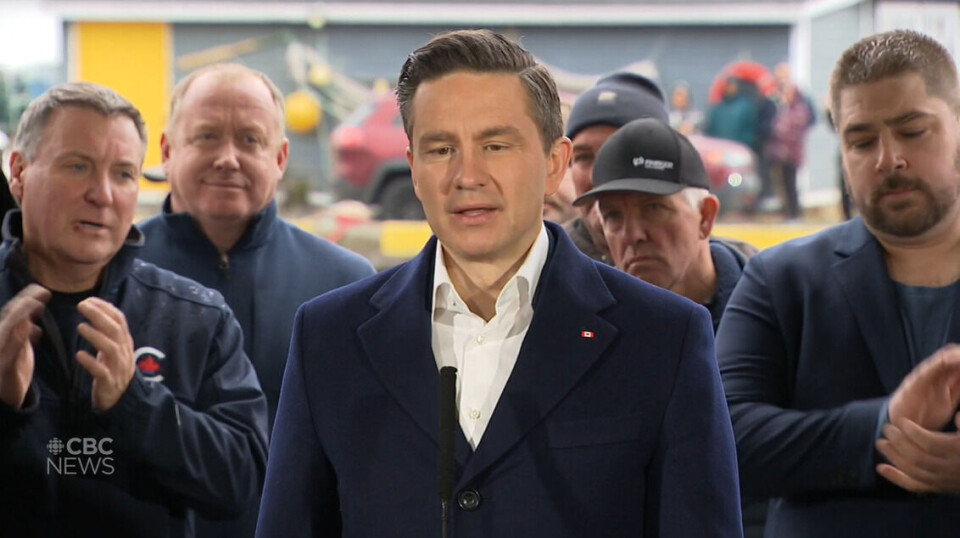
Fish farmers cheer Conservative opposition to protected area plan
We look forward to hearing from other parties and candidates on this critical issue, says ACCFA chief
The Atlantic Canada Fish Farmers Association (ACFFA), which represents farmers, feed producers, and service and support organisations, has expressed its appreciation for comments by Conservative leader Pierre Poilievre in defence of seafood sector and coastal jobs in the region.
While on the camapign trail in St John’s in Newfoundland this week, Poilievre said: "Bureaucracy has been propelled by this Liberal government to block harvesters from producing. I will not allow marine protected areas to be used to shut down fisheries.”
Although his focus was on the wild caught sector, restrictions imposed by marine protected areas would also impact fish farming.
Poilievre's comments support an earlier declaration by Coast of Bays-Central-Notre Dame Conservative candidate Clifford Small that he would not support the National Marine Conservation Area (NMCA) proposed for Newfoundland’s south coast.
Threatening livelihoods
ACFFA argues that Marine Protected Areas (MPAs) and NMCAs may be well-intended, but in practice, they threaten the livelihoods, jobs, owner confidence and investment of those who have responsibly managed and depended on the ocean for generations.
It adds that Atlantic Canada’s seafood sector is a cornerstone of the local economy while maintaining some of the most sustainably managed waters in the world.
“Scientific research confirms that biodiversity in these regions has remained stable for decades, a testament to the responsible stewardship of those who live and work here,” ACCFA executive director Tom Taylor said in a statement on the association’s website.
“We look forward to hearing from other parties and local candidates on this critical issue and encourage them to support policies that promote economic growth and sustain jobs in our rural and coastal communities.”
Election looms
Canadian voters will choose a new federal government in a general election on April 28. The election was called by Prime Minister Mark Carney, who was chosen as leader by the ruling Liberal Party after the resignation of Justin Trudeau, who had become increasingly unpopular with voters.
Trudeau was responsible for the Liberal policy to transition open net pen salmon farming in British Columbia to land-based or floating closed containment systems. The policy has led to the closure of fish farms in the Discovery Islands in BC and last year’s federal government announcement that it was renewing licences for the remaining BC net pen farms for the last time. These will expire by the end of June 2029.
Opinion polls had suggested that Poilievre was in line for a big win over Trudeau, but Carney’s appointment has evened up the race. Carney, a former governor of the Bank of England, is seen by many as the politician best qualified to guide Canada’s economy in the face of US president Donald Trump’s 25% tariffs on the country. He is also more business-focused that Trudeau and has already scrapped a carbon tax.
Conversely, Poilievre is seen as aping some of Trump's policies.























































